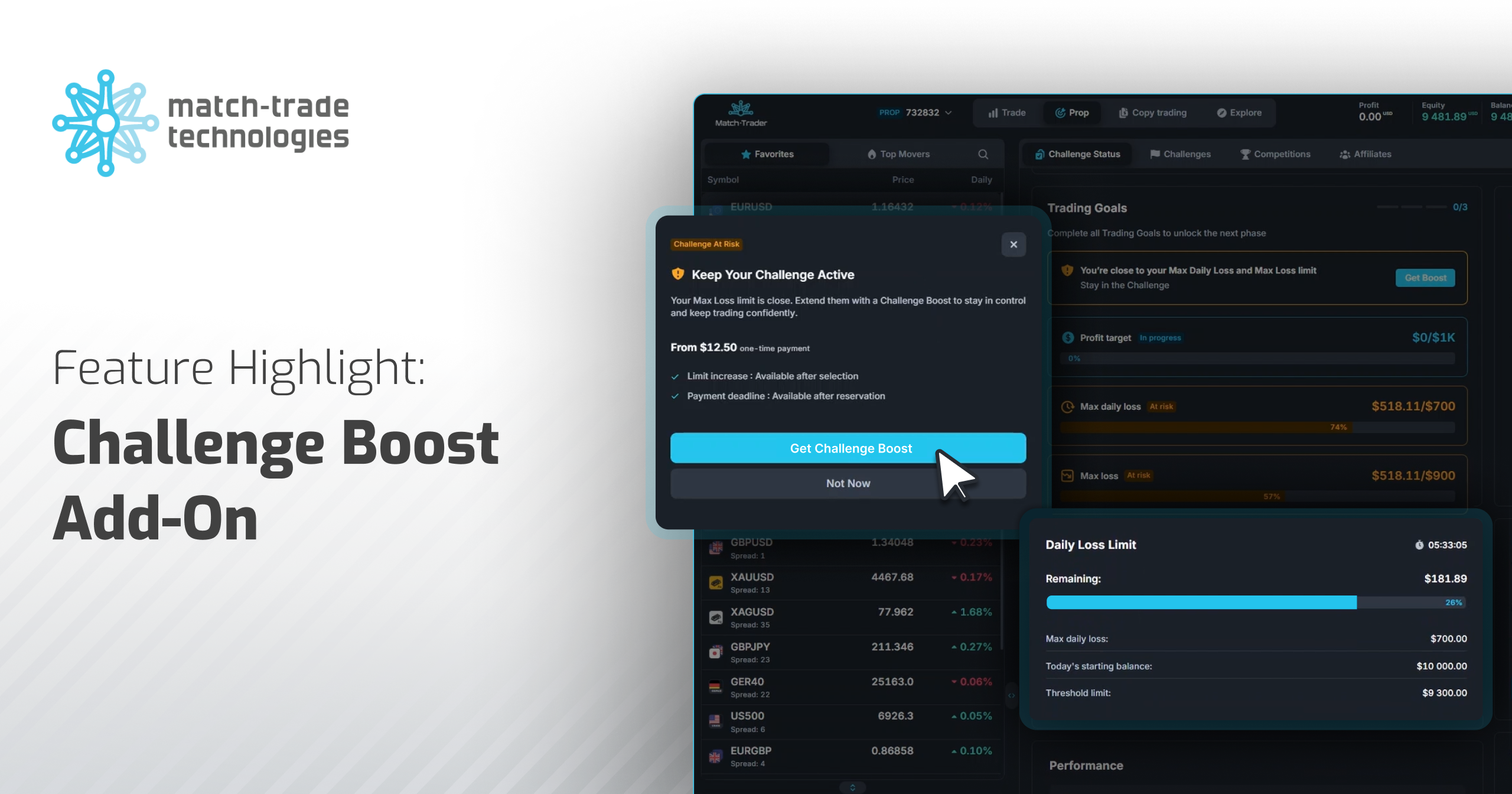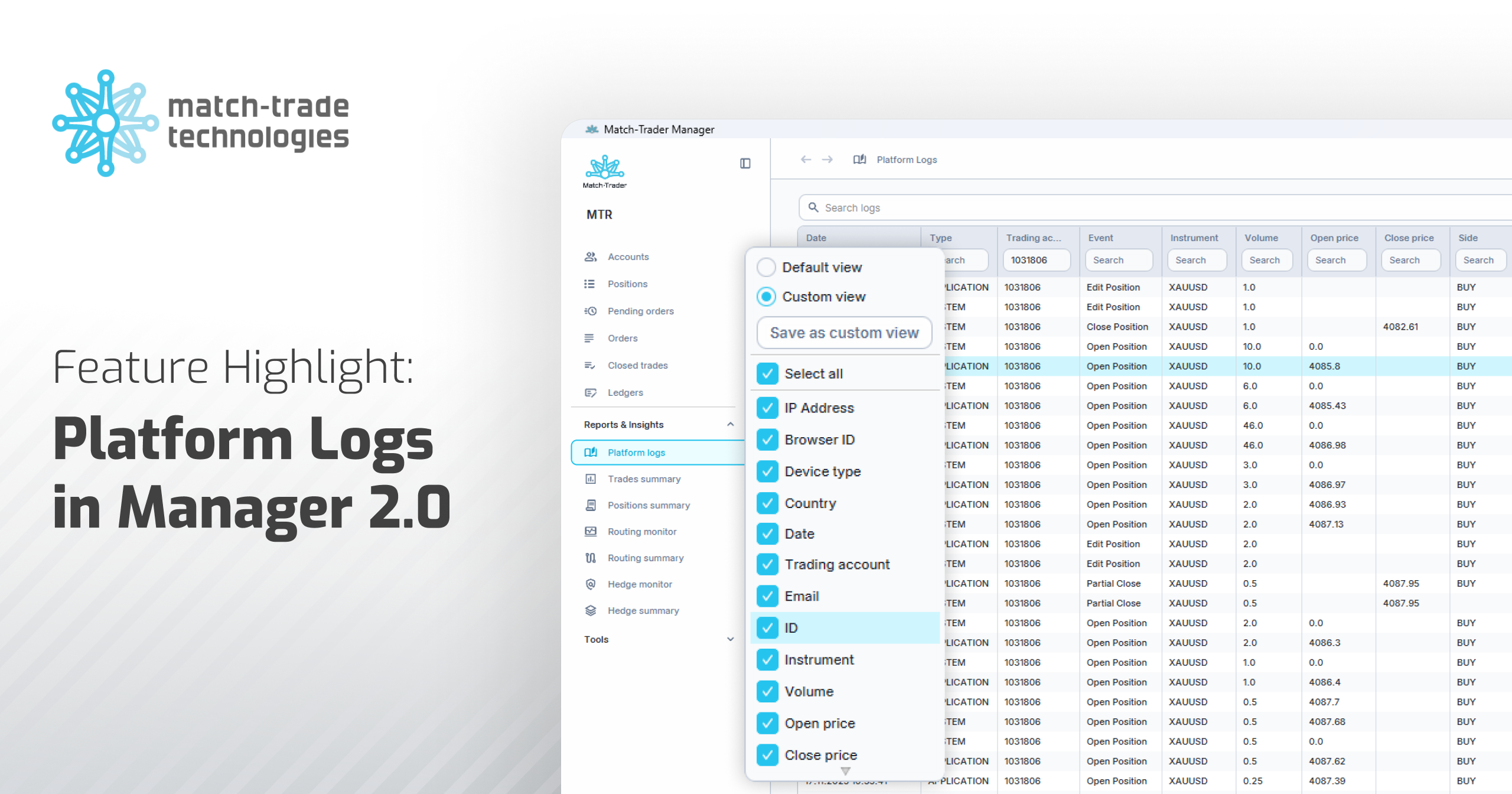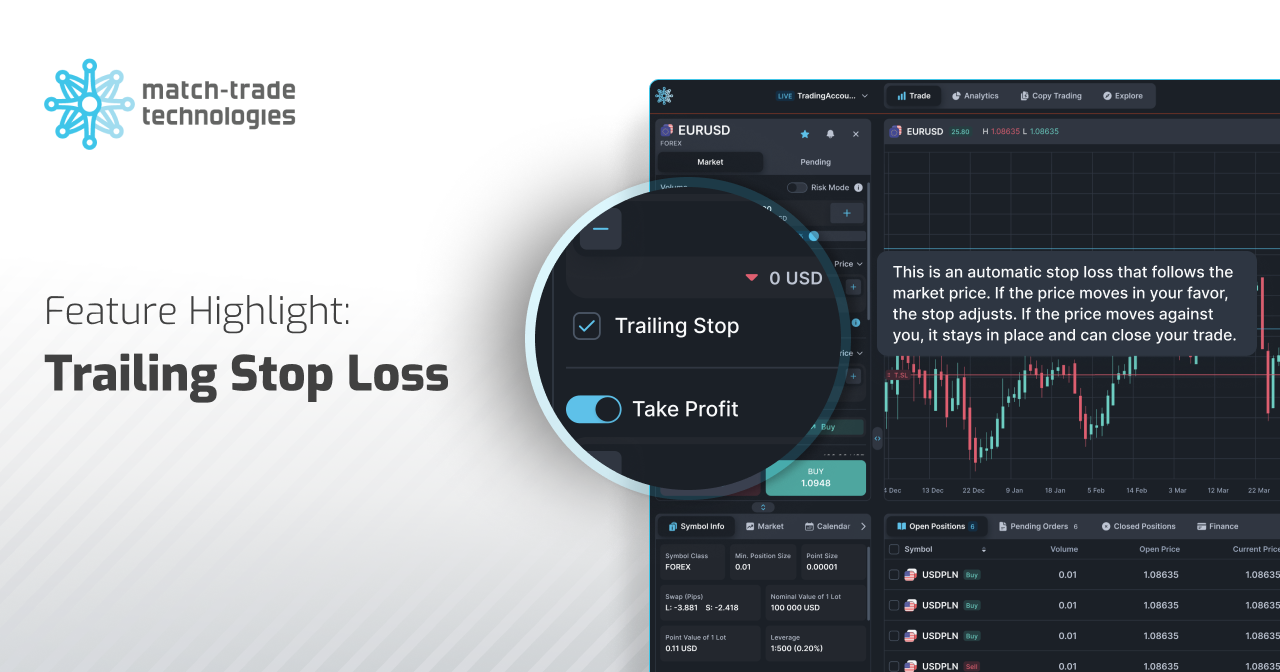In today’s digital-first financial world, cybersecurity has become the very foundation of success. As cyber threats grow more sophisticated and financial operations increasingly rely on technology, the landscape demands more than just reactive measures—it calls for guidelines. For Forex and prop trading firms, whether well-established or emerging, understanding and adhering to new regulations isn’t just about compliance; it’s about future-proofing your business.
DORA: A Key Regulation Taking Effect in 2025
The Digital Operational Resilience Act (DORA) is a European Union regulation designed to strengthen the digital operational resilience of financial institutions as well as their information and communication technology (ICT) suppliers. Coming into force on January 17, 2025, DORA creates a unified framework that extends beyond traditional banks to encompass entities operating in the EU financial institutions like Forex, regulated prop trading and crypto providers. By implementing consistent standards across EU member states, the regulation aims to establish a stable financial ecosystem that can withstand the evolving landscape of cyber threats.
Key Objectives of DORA
Representing a fundamental transformation in the approach to digital operational security in the financial sector, DORA addresses a critical gap in the industry by introducing pivotal innovations. It establishes a robust framework for ICT risk management that transcends traditional financial safeguards, directly addressing the mounting challenges posed by sophisticated cyber threats.
With DORA, financial institutions are required to conduct rigorous testing of their systems, documenting their findings and presenting comprehensive remediation plans to regulators. The regulation also streamlines incident reporting, replacing fragmented systems with unified, time-sensitive protocols aligned with geographic authorities. This harmonisation enables swift information flow and faster threat response. On the technical front, DORA mandates specific cybersecurity measures, including encryption protocols and multi-factor authentication. It also introduces a collaborative approach to security through mandatory threat intelligence sharing within the financial community.
How DORA Influences Forex and Prop Trading Strategies
DORA is shaking up how the Forex and regulated prop trading sectors handle security. This framework is raising the bar on what it means to be digitally resilient, pushing financial entities to fortify their tech arsenals like never before. While many firms are still getting to grips with DORA’s requirements, the bottom line is simple: upgrade your tech defences now, or face serious consequences later.
Core Compliance Framework
DORA demands excellence in cybersecurity and risk management and is pushing Forex and regulated prop trading firms to fortify their digital foundations. More specifically, the regulation requires:
- Implementing battle-tested incident management strategies and comprehensive ICT risk protocols that can weather even the most severe operational disruptions. This includes tactics for risk identification, protection, detection, response and recovery.
- Ensuring that external, third-party service providers adhere to stringent operational resilience standards by conducting thorough due diligence and maintaining vigilant oversight of their technology partners to mitigate risks associated with outsourcing.
System Testing
DORA also mandates yearly evaluation of ICT systems for all entities, including third-party service providers. Forex and regulated prop trading firms must:
- Conduct regular testing to identify vulnerabilities in their systems and take immediate action to address them, mitigate risks from cyber incidents and guarantee swift recovery. This directly relates to the firms’ ability to sustain trading operations during crises.
- Exchange cyber threat information to improve cooperation with other financial entities to strengthen joint cybersecurity efforts.
Incident Reporting
In the case of the DORA regulation, entities operating in the Forex and regulated prop trading markets must establish mechanisms for timely incident reporting to safeguard their operations and clients. In the event of such an incident, financial entities are obligated to notify a competent authority such as a state regulator or the European Supervisory Authorities (ESAs), ensuring a coordinated and effective response. This critical requirement not only enhances transparency but also enables swift responses to potential threats.
Business Relationships
DORA underscores the importance of keeping tight control over third-party vendor relationships. For Forex and regulated proprietary trading firms, this means:
- Making sure their partners comply with DORA standards, which may require renegotiating contracts and enhancing oversight on their performance.
- Carefully scrutinising the supply chain to ensure compliance at all levels of operation, potentially increasing operational costs for firms heavily reliant on external services.
- Performing thorough evaluation of external entities to verify adherence to DORA’s compliance requirements, which may necessitate renegotiating agreements or transitioning to other vendors.
Building a Resilience-First Culture
True business success stems from fostering an organisational culture where operational resilience is a core business value—a cultural shift that DORA mandates for Forex and regulated proprietary trading firms. Key recommendations for achieving this include:
- Implementing training programs to increase staff awareness of cybersecurity risks and compliance requirements.
- Upgrading the firm’s digital infrastructure to align with DORA’s standards, which may involve investment in technology and skilled personnel.
Market Changes
Setting high compliance standards, DORA is reshaping the competitive landscape in the Forex and regulated prop trading sectors. It is expected that:
- Many smaller firms may struggle to keep up with extensive compliance requirements, potentially forcing them to scale back operations or even exit the market entirely.
- Firms that embrace DORA’s framework early are positioning themselves as secure partners in an increasingly security-focused financial ecosystem, attracting more clients and investors.
Penalties for Non-Compliance with DORA
The consequences of ignoring DORA are nothing short of substantial. Financial institutions and their ICT providers can face large fines, including a daily penalty of 1% of their average daily global turnover until compliance is achieved. For the big players in the financial sector, these figures could amount to astronomical sums. Given these far-reaching implications, robust DORA compliance isn’t merely advisable—it’s imperative for safeguarding business continuity.
Long-Term Benefits
The Digital Operational Resilience Act is revolutionising the approach to digital risk in finance, bringing both challenges and opportunities for Forex and regulated prop trading firms. The regulation sets higher standards for cybersecurity and operational resilience, requiring companies to strengthen their ICT risk management and third-party oversight. Although it may take time to align with DORA’s requirements, its framework promises stronger investor safeguards and improved market stability. By elevating the criteria for operational standards and investor protection, the Act is expected to create a more reliable ecosystem that can better withstand cyber threats and operational risks in the modern digital era.





